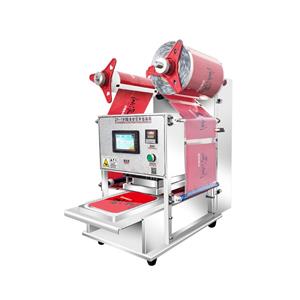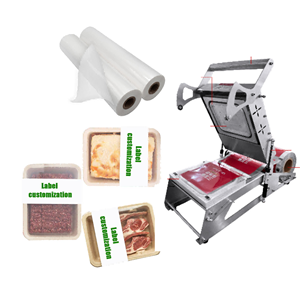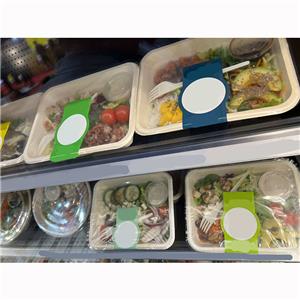B.C. Expands Single-Use Plastics Ban to Further Reduce Waste
Starting Monday, British Columbia has expanded its regulations on single-use plastics, prohibiting the use of plastic and Styrofoam takeout containers and introducing fees for reusable shopping bags. These measures are part of the province's ongoing efforts to minimize plastic waste in landfills.
This latest regulation builds on the federal single-use plastics regulations, which began in December 2023. British Columbia initially postponed some aspects of the federal rules to allow businesses more time to adjust.
Key Details of the New Regulations:
What's Banned:As of July 15, 2024, single-use plastic takeout containers and hard-to-recycle plastic glasses, including those labeled as "biodegradable" or "compostable," are banned. This includes items like Styrofoam cartons used for cup noodles and eggs. Additionally, single-use items with oxo-degradable plastics, such as certain garbage and dog-poop bags, are prohibited. However, compostable plastic containers are exempt from this ban.
Bag Charges:Businesses will now charge customers for reusable bags: a minimum of $2 for reusable shopping bags and at least 25 cents for recycled paper bags. Small paper bags used for medical prescriptions and in-store bags for fruits and vegetables are exempt from these charges.
Previous Bans:Since December 20, 2023, single-use plastic cutlery and straws have been banned, with wooden alternatives available upon request. Exceptions exist for straws needed for accessibility. As of June 24, 2024, federal regulations also ban ring carriers for drink packages in B.C.
Future Bans:By July 1, 2028, the province will prohibit the use of polyvinyl chloride (PVC) film wrap, commonly known as cling film. Foam containers for raw meat will be banned by July 1, 2030, to give businesses time to transition.
Public Support and Business Impact:B.C. Environment Minister George Heyman highlighted strong public backing for these measures, citing an 80-90% support rate from a public consultation. The changes are intended to support a zero-waste economy, despite the increased costs to businesses. Ian Tostenson, CEO of the B.C. Restaurant and Foodservices Association, noted that while packaging costs have risen slightly, the cumulative impact on businesses handling large volumes is significant.
Vancouver Residents React:In response to the new regulations, residents in Vancouver expressed varied opinions, with some supporting the environmental benefits and others concerned about the additional costs.
This step marks a continued effort by B.C. to address plastic pollution and promote sustainable practices across the province.




